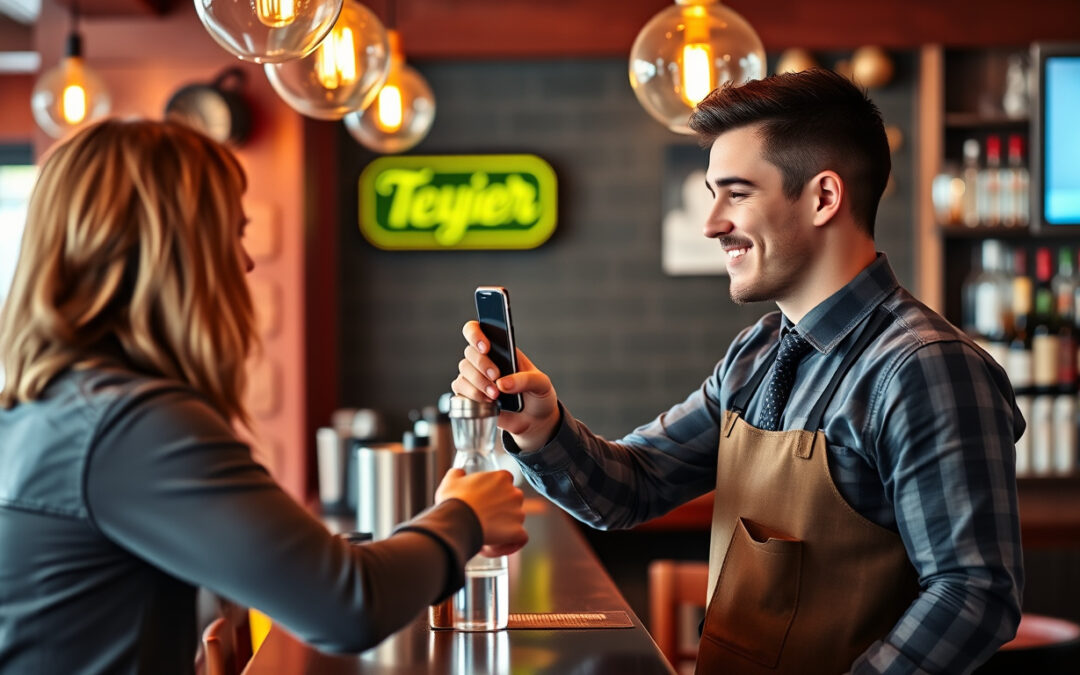In today’s world of retail, responsible alcohol retail matters. Alcohol sales bring duty. Retailers must keep safety, follow laws, and build trust within the community. This article lists best practices for care in alcohol retail. It shows how businesses stay legal, check age, and support safe use.
Understanding Responsible Alcohol Retail
Responsible alcohol retail means selling alcohol in safe, legal ways. Retailers obey local and national law. They work to stop harm from alcohol misuse. Their goal is clear: when people drink, they do it safely, avoiding accidents, health issues, and legal trouble.
Key Legal Requirements for Alcohol Retailers
Retailers need to know the law. Rules differ by region. In general, they include:
- Age Verification: Check that buyers are old enough before selling alcohol.
- Licensing Compliance: Use the proper license and follow its rules.
- Hours of Sale: Sell alcohol only at allowed times.
- Restrictions on Sales: Do not sell to visibly drunk people or break other rules.
Breaking these rules can bring big fines or license loss.
Best Practices for Responsible Alcohol Retail
A good program goes beyond just following the law. Retailers can focus on these steps:
1. Staff Training and Awareness
Training is key. Train employees on these points:
- Know the law and the company rules.
- Check IDs well.
- Spot signs of intoxication.
- Follow steps to refuse a sale safely.
Refresh training often to keep up with changes.
2. Enforced Age Verification Protocols
A sound system to check age is vital. Best ideas are:
- Use electronic scanners for IDs.
- Put up clear signs about legal drinking age.
- Refuse a sale politely but firmly when needed.
3. Refusal of Service When Necessary
Staff must know when to say no. They should:
- See clear signs of intoxication.
- Follow refusal rules that management backs.
- Keep a note or report when they refuse a sale.
4. Responsible Marketing and Promotions
Market carefully. Follow these tips:
- Avoid ads that attract minors or weak groups.
- Do not encourage binge drinking.
- Stay aware of cultural and social issues in ads.
5. Engaging with the Community
Connect with local groups. Retailers can:
- Join local campaigns for responsible drinking.
- Work with law enforcement and health officials.
- Help educate customers about safe drinking.
Benefits of practicing responsible alcohol retail include better community relations and safer consumption habits, leading to fewer alcohol-related incidents and a stronger business presence.

Benefits of Practicing Responsible Alcohol Retail
Using these practices brings extra benefits:
- Enhanced Reputation: Good practices build trust.
- Community Support: A trusted store builds local partnerships.
- Reduced Liability: Following the rules cuts legal risks.
- Better Workplace Environment: Clear rules boost staff confidence.
Implementing a Responsible Alcohol Retail Policy: Step-by-Step
Try this step-by-step plan:
- Assess Current Practices: Look at current policies and training on alcohol sales.
- Develop a Clear Policy: Write a policy that shows all the steps needed.
- Train Employees: Teach staff about this policy and update them often.
- Utilize Technology: Use tools like ID scanners for quick checks.
- Monitor and Enforce: Watch sales and check that policies work well.
- Engage Stakeholders: Meet with local groups and authorities.
- Review and Update: Check policies often and change them when needed.
Challenges in Responsible Alcohol Retail and How to Overcome Them
Retailers may face some problems:
- Pressure to Increase Sales: Remind everyone that long-term success comes from safe practices.
- Underage Buy Attempts: Use technology and firm checks to stop young buyers.
- Staff Turnover: Show clear onboarding and regular training to all.
- Conflict with Intoxicated Customers: Teach staff conflict resolution and safe refusal steps.
When retailers plan these steps, they keep a safe and legal store.
Resources for Further Information
Many groups offer help. For example:
- The National Institute on Alcohol Abuse and Alcoholism gives advice on alcohol safety (visit niaaa.nih.gov).
- Local licensing boards share rules and updates for each region.
FAQ: Responsible Alcohol Retail
Q1: What matters most in responsible alcohol retail?
A1: The key is to check age and safely refuse sales so that only those allowed get alcohol.
Q2: How do retailers ready their staff for selling alcohol?
A2: Start with solid training on the law and company rules. Then, give regular updates and practical role-playing.
Q3: Are electronic ID scanners needed?
A3: They are very helpful. They make checking age quick and accurate, even if the law does not demand them.
Implementing these steps helps build safer communities and strong business practices. With clear policies, regular training, and community ties, alcohol retailers create a safe setting for customers and staff alike.


